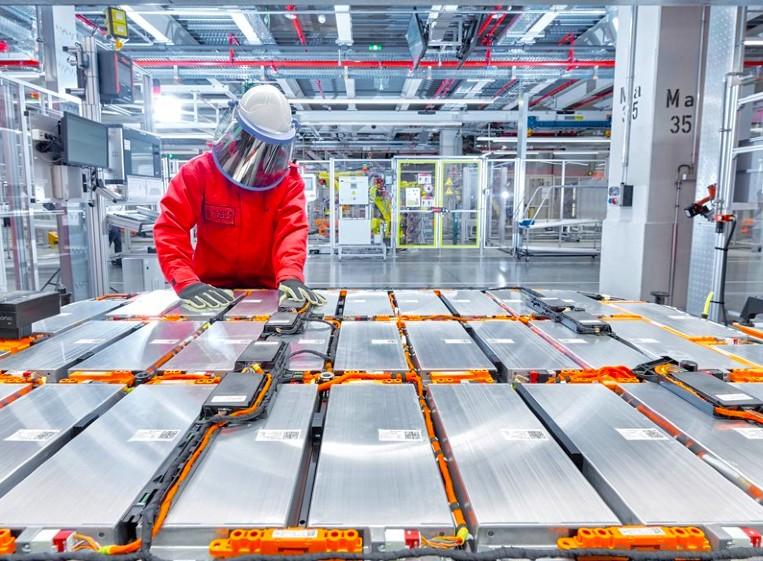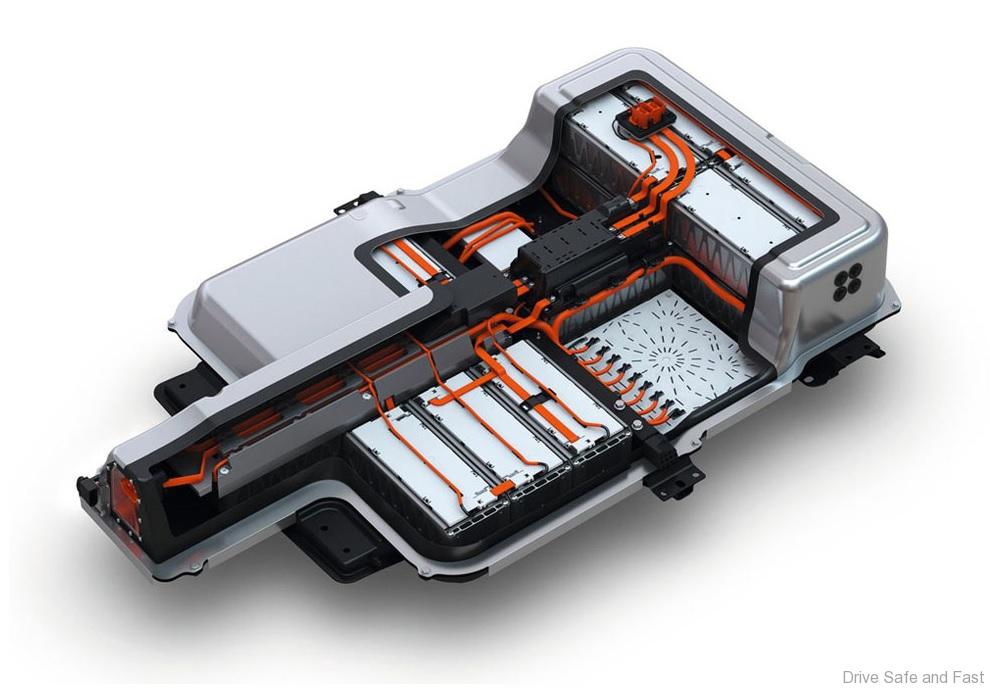Does this mean Japan will push hard into the EV market now?
In a groundbreaking development near Minami-Torishima island, Japan has unearthed a staggering discovery, an estimated 230 million tonnes of manganese deposits in the form of fist-sized nodules. These nodules are not just rich in manganese but also contain substantial reserves of cobalt and nickel, minerals crucial for the production of electric vehicle (EV) batteries.

The implications of this discovery are profound. Japan, a key player in the global automotive industry, could potentially meet its cobalt requirements for the next 75 years solely from this find. Additionally, the deposits offer enough nickel to supply Japan’s needs for over a decade. So what will the country do with this now?
Moreover, this newfound resource promises to be a game-changer, providing a significant boost to Japan’s EV sector and reducing its reliance on imports from other nations. Researchers from the esteemed Nippon Foundation and the University of Tokyo are spearheading efforts to commence extraction operations as early as 2026.

Their ambitious timeline aims not only to harness these mineral riches efficiently but also to position Japan strategically in the competitive global EV market. By securing a domestic supply of cobalt and nickel, Japan stands to enhance its economic resilience and technological independence.
On top of that, the manganese nodules, formed over millennia on the ocean floor, represent a treasure trove of minerals essential for advancing sustainable transportation technologies. Cobalt and nickel, in particular, are critical components of lithium-ion batteries powering EVs, making them pivotal in the transition towards cleaner energy solutions worldwide.

This discovery underscores Japan’s commitment to innovation and sustainability. By tapping into its own marine resources, Japan not only addresses immediate supply chain concerns but also sets a precedent for responsible resource management in marine environments. Hopefully other EV makers learn to be more responsible too.
What’s more, the environmentally conscious approach taken by Japanese researchers ensures that extraction processes will be carried out with utmost consideration for marine ecosystems. As Japan gears up to unlock this unprecedented reserve of manganese, cobalt, and nickel, the world watches with anticipation.
The implications extend beyond national borders, influencing global markets and accelerating the drive towards a greener future. This discovery near Minami-Torishima island is not just a scientific breakthrough but a testament to Japan’s pioneering spirit and its dedication to shaping the future of mobility.

So will Toyota now focus more on EVs instead of hydrogen and hybrids? Let’s see


